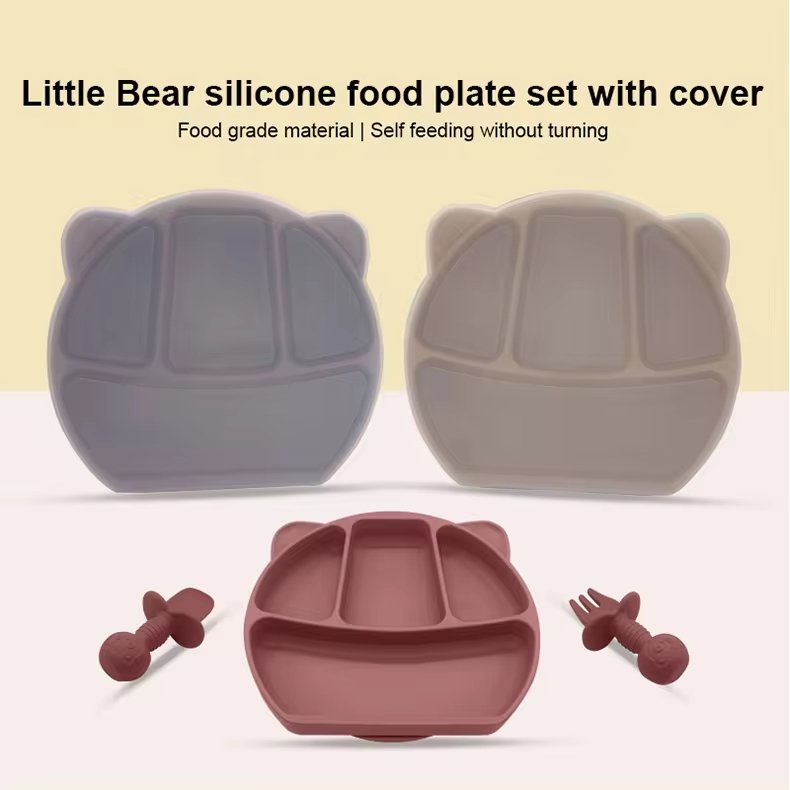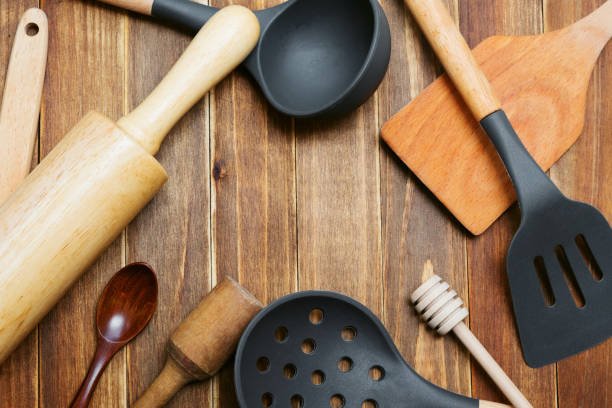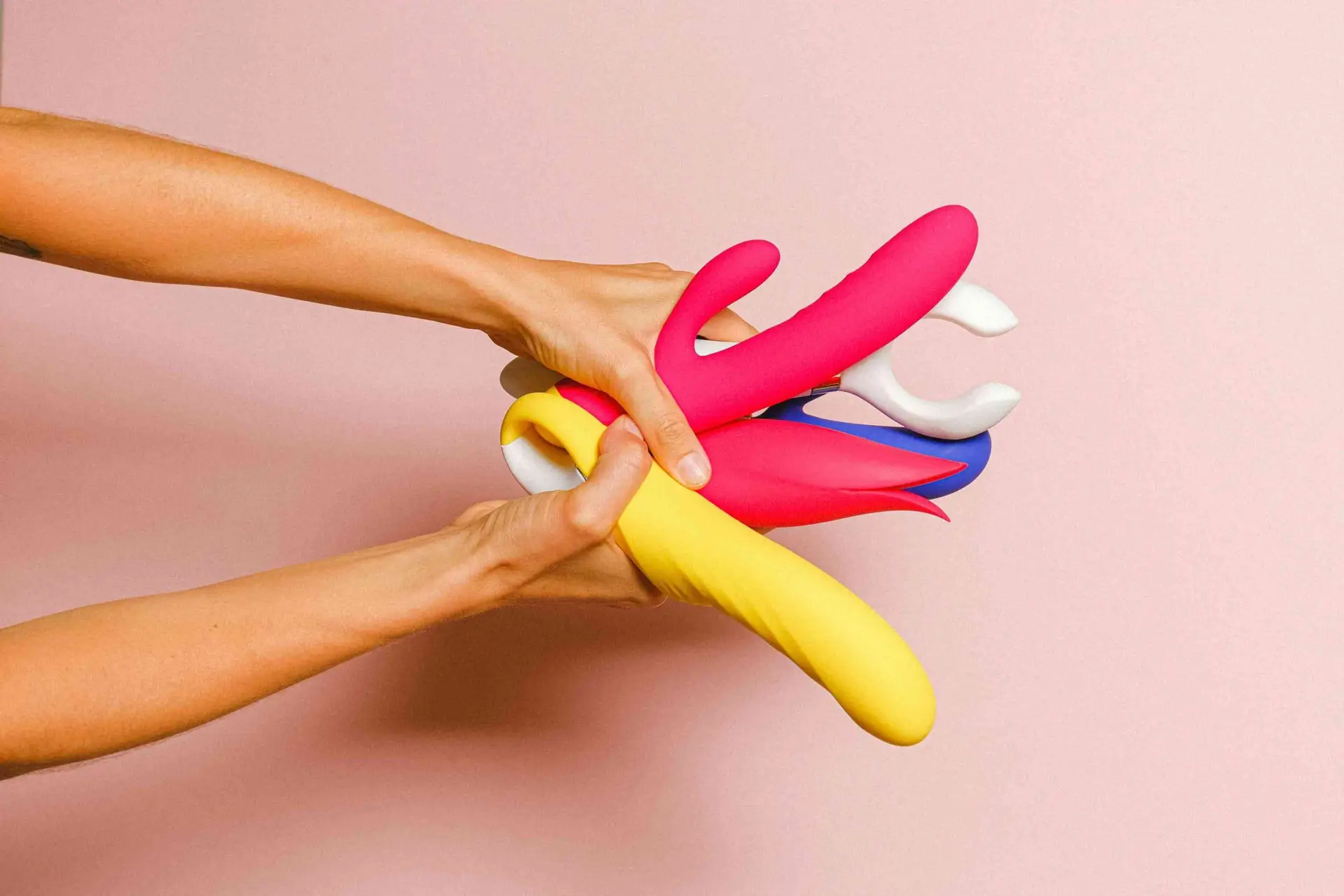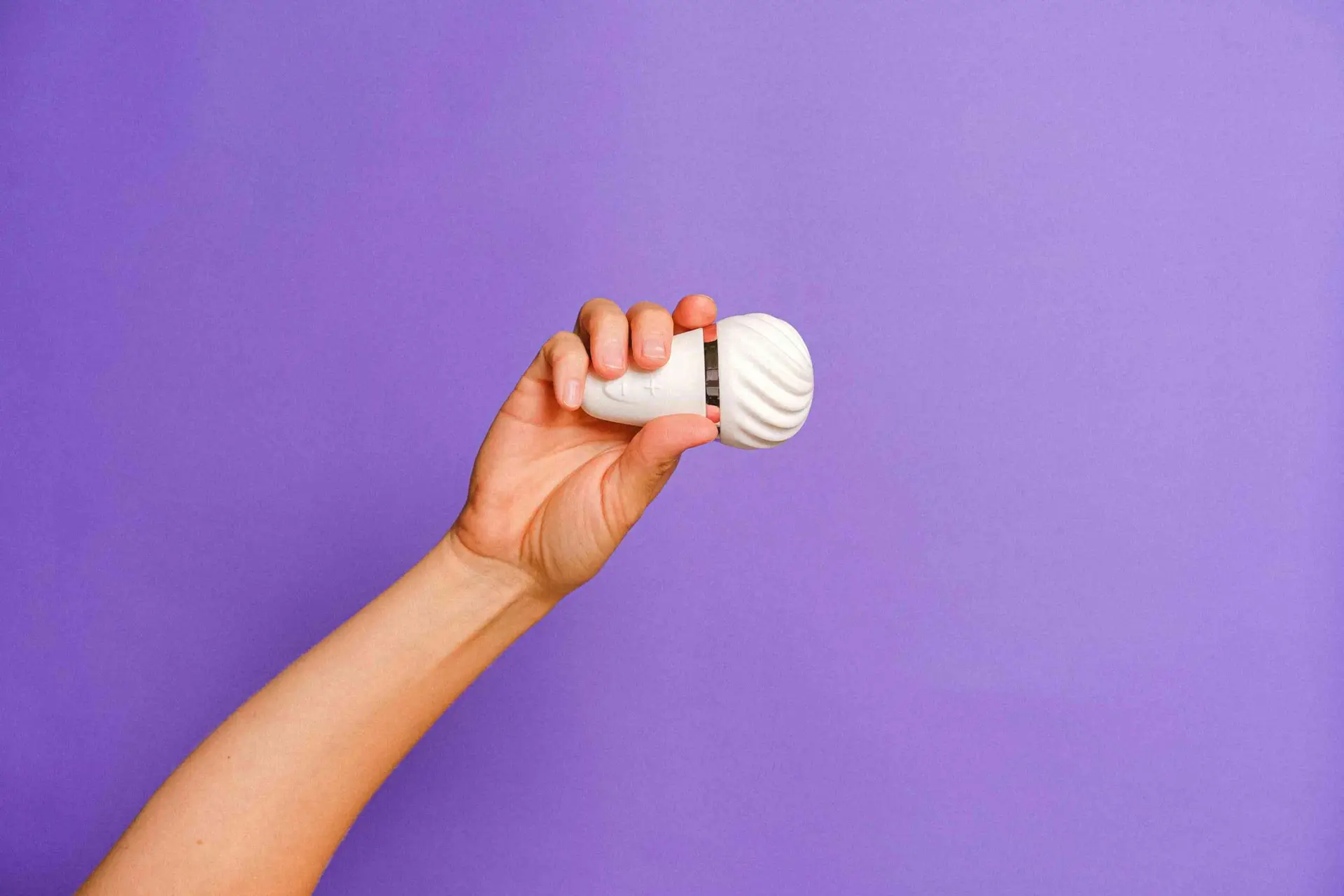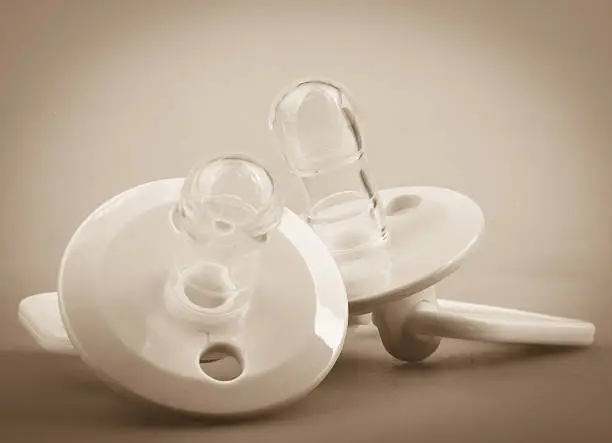Silicone kitchenware has gained popularity in recent years due to its durability, flexibility, and heat resistance. However, as with any material that comes into contact with food, it is crucial to understand its safety and health impacts. This article delves into the safety, health benefits, and potential concerns associated with using silicone kitchenware, providing a comprehensive overview for consumers looking to make informed decisions.
What is Silicone?
Silicone is a synthetic polymer made from silicon, oxygen, carbon, and hydrogen. It is known for its rubber-like properties, including flexibility, heat resistance, and durability. These characteristics make it an ideal material for kitchenware, such as baking mats, spatulas, molds, and storage containers.
Safety of Silicone Kitchenware
FDA Approval and Food-Grade Standards
Silicone used in kitchenware is typically food-grade, meaning it is free from harmful chemicals and safe for use with food. The U.S. Food and Drug Administration (FDA) regulates food-grade silicone, ensuring it meets stringent safety standards. FDA-approved silicone does not contain fillers, BPA, BPS, or phthalates, making it a safe option for cooking and baking.
Heat Resistance
One of the significant advantages of silicone kitchenware is its ability to withstand extreme temperatures. Silicone can endure temperatures ranging from -60°C to 230°C (-76°F to 446°F) without melting or releasing harmful substances. This makes it suitable for use in ovens, microwaves, freezers, and dishwashers, providing versatility and convenience in the kitchen.
Non-Reactive and Non-Toxic
Silicone is non-reactive, meaning it does not interact with food or beverages. This property is particularly important for maintaining the purity and taste of food. Unlike some plastics, silicone does not leach chemicals into food, even when exposed to high temperatures. This makes silicone kitchenware a safer alternative for cooking and storing food.
Health Benefits of Silicone Kitchenware
Hypoallergenic Properties
Silicone is hypoallergenic, meaning it is unlikely to cause allergic reactions. This makes it a suitable option for individuals with allergies or sensitivities to certain materials. Additionally, silicone does not harbor bacteria or mold, contributing to a healthier kitchen environment.
Easy to Clean and Maintain
Silicone kitchenware is non-stick, making it easy to clean and maintain. Food particles do not adhere to the surface, reducing the risk of bacterial growth. Most silicone items are dishwasher safe, allowing for thorough cleaning and sanitation.
Durability and Longevity
Silicone’s durability translates to longer-lasting kitchenware. Unlike metal or plastic utensils that may warp, crack, or degrade over time, silicone retains its shape and functionality. This durability reduces the need for frequent replacements, contributing to a more sustainable kitchen.
Potential Concerns and Misconceptions
Quality Variations
Not all silicone products are created equal. It is essential to choose high-quality, food-grade silicone kitchenware from reputable manufacturers. Low-quality silicone may contain fillers or additives that can compromise its safety and performance. Always look for products labeled as FDA-approved or food-grade to ensure quality and safety.
Off-Gassing and Odors
Some new silicone products may emit a slight odor when first used. This phenomenon, known as off-gassing, occurs when volatile organic compounds (VOCs) are released. The odor typically dissipates after a few uses and thorough washing. Using high-quality silicone kitchenware can minimize off-gassing and related concerns.
Environmental Impact
While silicone is more environmentally friendly than some plastics, it is not biodegradable. However, silicone is recyclable and has a longer lifespan than many other materials, reducing the overall environmental impact. Opting for reusable silicone products can help minimize waste and promote sustainability.
Comparison with Other Materials
Silicone vs. Plastic
Advantages of Silicone:
- Higher heat resistance.
- Non-toxic and non-reactive.
- More durable and longer-lasting.
Disadvantages of Silicone:
- Generally more expensive than plastic.
- Not biodegradable but recyclable.
Advantages of Plastic:
- Widely available and cost-effective.
- Lightweight and versatile.
Disadvantages of Plastic:
- Can leach harmful chemicals.
- Less durable and heat-resistant.
Silicone vs. Metal
Advantages of Silicone:
- Flexible and non-stick.
- Safe for use in microwaves and freezers.
Disadvantages of Silicone:
- Not as strong as metal.
- Cannot withstand very high temperatures like some metals.
Advantages of Metal:
- Extremely durable and long-lasting.
- Withstands very high temperatures.
Disadvantages of Metal:
- Can react with acidic foods.
- May require special care to prevent rusting.
Silicone vs. Glass
Advantages of Silicone:
- Shatterproof and lightweight.
- Flexible and easy to store.
Disadvantages of Silicone:
- Not transparent.
- May retain odors if not cleaned properly.
Advantages of Glass:
- Completely inert and non-reactive.
- Transparent, allowing easy monitoring of food.
Disadvantages of Glass:
- Heavy and breakable.
- Requires careful handling and storage.
Conclusion
Silicone kitchenware offers numerous safety and health benefits, making it a popular choice for modern kitchens. Its heat resistance, non-reactive properties, and hypoallergenic nature ensure it is safe for cooking and storing food. While there are some concerns regarding quality variations and environmental impact, choosing high-quality, food-grade silicone can mitigate these issues.
By understanding the safety and health impacts of silicone kitchenware, consumers can make informed decisions that promote a healthier and more sustainable kitchen environment. Whether comparing silicone to plastic, metal, or glass, its unique properties and advantages make it a versatile and valuable addition to any kitchen.
